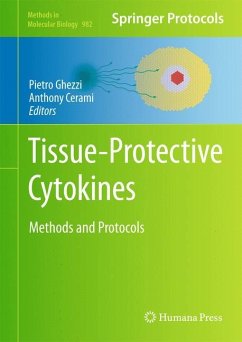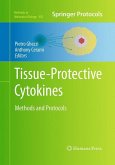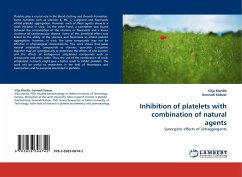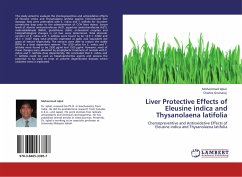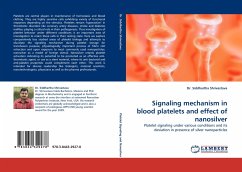While many cytokines are known for their inflammatory action, there is a growing interest in the tissue-protective effects of some cytokines. The prototypic tissue-protective cytokine is EPO. Initially described as neuro-protective, it is beneficial in animal models of ischemic and other types of injury. Scientists had to overcome the notion that EPO had only erythropoietic actions, was only produced by the kidney, and that its receptor was only present in erythroid progenitor cells. The use of in vitro and in vivo disease models was essential to demonstrate the protective effects of EPO. Reproducible models will be needed for the further study of the mechanism of action of EPO and for the identification of other tissue-protective cytokines.
In Tissue-Protective Cytokines: Methods and Protocols, expert researchers in the field detail the key models that have been used to characterize the tissue-protective actions of cytokines. Written in the highly successful Methods in Molecular Biology(TM) series format, chapters include introductions to their respective topics, lists of the necessary materials and reagents, provide step-by-step laboratory protocols, and key tips on troubleshooting and avoiding known pitfalls.
Thorough and intuitive, Tissue Protective Cytokines: Methods and Protocols aids scientists in continuing to study tissue-protection that will be a new field of interest of cytokine biology, both in discovering novel actions of known cytokines and in developing new drugs.
In Tissue-Protective Cytokines: Methods and Protocols, expert researchers in the field detail the key models that have been used to characterize the tissue-protective actions of cytokines. Written in the highly successful Methods in Molecular Biology(TM) series format, chapters include introductions to their respective topics, lists of the necessary materials and reagents, provide step-by-step laboratory protocols, and key tips on troubleshooting and avoiding known pitfalls.
Thorough and intuitive, Tissue Protective Cytokines: Methods and Protocols aids scientists in continuing to study tissue-protection that will be a new field of interest of cytokine biology, both in discovering novel actions of known cytokines and in developing new drugs.

